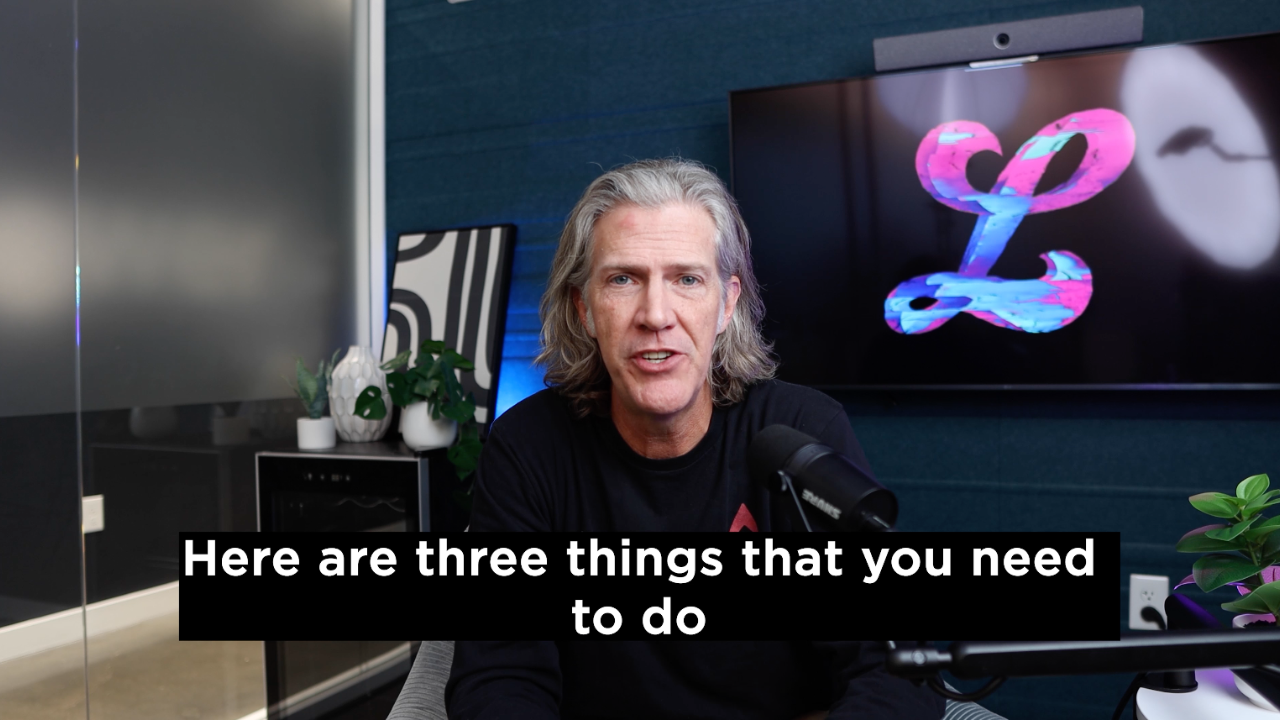1. Open an Escrow Account
In many states, an escrow account allows a neutral third party (i.e., a bank, an escrow agent, or title) to hold monies and documents used for the sale until the closing is complete. Once the process is finished (most often taking several weeks), everything is then moved from the escrow account over to the buyer and seller. Be sure to check the rules in your state.
2. Purchase Contract Renegotiation
Make sure you have the choice to renegotiate your contract, especially if you do find issues with the house you want to buy. The key is to make sure you do not sign a contract that states “as is” as far as the terms of the house are concerned. “As is” means that the seller doesn’t have to pay for any repairs or sell the home at a lower price, for example. It also allows you to move on from this contact if something should arise and you need to back out.
3. Set up a Home Inspection
After going into contract,, there should be a thorough inspection of the home and its entire property by a qualified home inspector. Make sure you’re buying a home in good condition and that there are no major surprises after you’ve signed on the dotted line. If the inspector does find something, like a pest infestation or the presence of asbestos, the seller may have to remedy these issues before any mortgage company allows for a closing. Inspections are not required for all loan types, but are strongly recommended.
4. Fill out that Mortgage Application ASAP
Everyone hates paperwork, so why not get a head start? Consider getting pre-approved by a mortgage lender. This way, you will already have your list of necessary documents in order and are ready to go when you find that house! What kind of necessary documents? Bank statements, recent tax returns, income statements, and other financial records. You should also receive a loan estimate after going into contract, as well as loan terms, estimated payments, closing costs, and an estimation of a closing date. After pre-approval you might also be able to lock in your interest rate so that you won’t be at the mercy of market inconsistencies.
5. Appraisal of the Home's Value
Usually, mortgage lenders will require an appraisal of the home, which you, the buyer, most often will have to pay for. You want the home's value appraised for at least the agreed-upon purchase price. If it is lower, then a renegotiation between buyer and seller will need to happen as the lender only approves the appraised amount.
6. Title and Homeowners Insurance
A title company working for you and your lender will run a title search to ensure that the seller is the valid owner of the property and has the right to sell it to you. The company will also search for any outstanding liens on the house so that you are not left with someone else's debt.
7. Closing Documents
Your title agent will let you know the official closing time and date when your loan is approved. They'll provide you with all the necessary items you'll need to bring to this momentous event. You will also receive a closing disclosure, including your closing costs and mortgage loan obligations, among other things. Go over this with your lawyer or real estate agent to be extra sure. FYI: While many escrow companies try to keep closing costs at a minimum, you, as the buyer, should do your research and find out what the typical closing fees are in your local area.
8. Final walkthrough
We highly recommend doing one final walkthrough of your property within 24 hours of your scheduled closing. Once this is completed and you are satisfied, you may apply your deposit in the escrow account or your earnest money toward the down payment on your new home or closing costs.
9. Where do I sign?
All that's left is the signing of the papers. Make sure you set aside plenty of time for an extensive reading of what you’re signing, as there is a lot of legal language and many pages of it. Have your attorney present, so you have a complete understanding and an extra set of expert eyes. Pro tip: Make sure your interest rate is correct, and ensure that you aren’t penalized for pre-payment.
In “Closing”
It’s best to go into this process expecting delays and some frustration. One thing that is required during a closing is PATIENCE. Life throws unexpected curve balls that will slow down a closing. Anything from job loss to missing a payment can affect a credit score, which in turn can affect your loan agreement. It’s best to stay on a very tight financial leash when buying a home. Overspending, opening additional credit accounts, or maxing out a credit card can ruin your qualifications for getting a loan, and therefore your loan can be revoked.
Although tedious, staying organized and vigilant of your money, documents, and team (i.e., lawyer, real estate agent, bank, etc.), is of utmost importance. It will all be worth it when you light that first fire of the winter season, or watch your kids playing in that perfect backyard you never had, or simply when you turn the key and say, “I’m home.”

















.svg)
.svg)

.svg)













